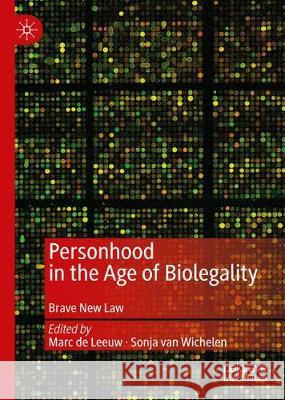Personhood in the Age of Biolegality: Brave New Law » książka
topmenu
Personhood in the Age of Biolegality: Brave New Law
ISBN-13: 9783030278472 / Angielski / Twarda / 2019 / 261 str.
Personhood in the Age of Biolegality: Brave New Law
ISBN-13: 9783030278472 / Angielski / Twarda / 2019 / 261 str.
cena 524,53 zł
(netto: 499,55 VAT: 5%)
Najniższa cena z 30 dni: 501,19 zł
(netto: 499,55 VAT: 5%)
Najniższa cena z 30 dni: 501,19 zł
Termin realizacji zamówienia:
ok. 22 dni roboczych
Bez gwarancji dostawy przed świętami
ok. 22 dni roboczych
Bez gwarancji dostawy przed świętami
Darmowa dostawa!
Kategorie:
Kategorie BISAC:
Wydawca:
Palgrave MacMillan
Seria wydawnicza:
Język:
Angielski
ISBN-13:
9783030278472
Rok wydania:
2019
Wydanie:
2020
Numer serii:
000932972
Ilość stron:
261
Waga:
0.49 kg
Wymiary:
21.01 x 14.81 x 1.75
Oprawa:
Twarda
Wolumenów:
01
Dodatkowe informacje:
Wydanie ilustrowane











